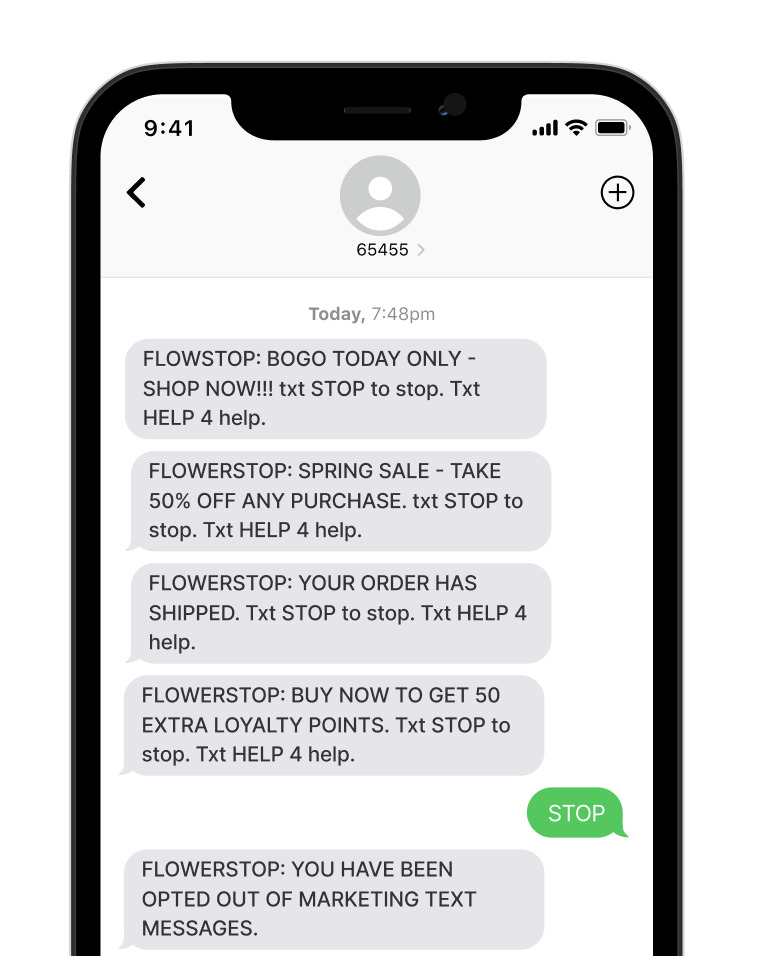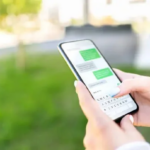A text message from the short code 71024 is a legitimate alert or notification from a company you have likely interacted with, such as CVS Pharmacy or a local service that sends appointment reminders. It is a “shared short code,” meaning many different businesses use it to send communications to their customers.
If you’ve received a text from 71024 and are wondering who it’s from or how to make the messages stop, this guide will explain everything you need to know.

Who Uses the 71024 Short Code?
Because 71024 is a shared short code, there isn’t one single company associated with it. It is used by a wide variety of businesses for Application-to-Person (A2P) messaging. The company sending you a message is the one you provided your phone number to.
Common senders using the 71024 short code include:
- Pharmacies: CVS Pharmacy is a major user of this code to send prescription ready alerts, refill reminders, and other pharmacy-related notifications.
- Appointment Reminders: Many local businesses, such as doctor’s offices, dental clinics, salons, and auto repair shops, use this service to confirm your appointments.
- Retail Marketing: Other stores and online retailers may use it for promotional text alerts and order updates.
- Community and School Alerts: Local organizations may use it to send out important notifications and updates.
Why Did You Receive a Text from 71024?
You are most likely receiving these messages because you opted in at some point, either knowingly or unknowingly. This often happens when you:
- Provide your phone number at the pharmacy counter at CVS to receive prescription alerts.
- Sign up for a company’s loyalty or rewards program online.
- Provide your phone number when scheduling an appointment.
- Text a keyword to a number you saw in an advertisement.
The text message you receive should identify the name of the company that is sending it.
Is the 71024 Text Message a Scam?
No, the short code 71024 itself is not a scam. It is a legitimate messaging service used by thousands of real businesses for customer communication.
However, you should always be cautious. While the sender is likely a legitimate business, scammers can sometimes try to imitate them. Never click on suspicious links or provide sensitive personal information like passwords or credit card numbers in reply to a text message. If a text from “CVS” seems suspicious, it’s best to log in to your official CVS account or app to verify it, rather than clicking the link.
How to Stop Text Messages from 71024
The good news is that it is very easy to stop receiving these messages. The Cellular Telecommunications Industry Association (CTIA) requires that all short code services respond to specific universal keywords.
- To opt-out, reply directly to the message with the word: STOP
After you send the word STOP, you should receive one final automated confirmation message stating that you have been unsubscribed and will not receive any more messages from that specific campaign.
- For more information, you can also reply with the word: HELP
Replying with HELP will usually trigger a response that provides more details about the sender and the service you are subscribed to.
Frequently Asked Questions
I texted STOP but still get messages from 71024. Why?
This is the most common issue with shared short codes. Because many different companies use 71024, texting STOP only unsubscribes you from the one specific company that sent you that message (e.g., CVS). If you are also subscribed to alerts from your dentist using the same code, you must reply STOP to a message from them as well to opt-out of their separate list.
Is there a charge for receiving 71024 texts?
In most cases, no. However, the standard disclaimer “Message and data rates may apply” is always in effect. This means if you do not have an unlimited texting plan, receiving the message could count against your monthly allowance. The service itself does not typically add a premium charge.
I never signed up for these messages. How did they get my number?
It’s possible you inadvertently agreed by not unchecking a box during an online purchase or when signing up for a service. In some cases, your number may have been entered by mistake by another person. Simply replying STOP will resolve the issue.
Is it better to block the 71024 number?
It is better to reply STOP than to block the number. Blocking the entire short code might prevent you from receiving a future alert that you do want, such as an important prescription reminder from your pharmacy. Replying STOP targets only the specific unwanted campaign.
Conclusion
In summary, the 71024 short code is a legitimate, shared number used by many businesses, like CVS Pharmacy, for alerts and reminders. The messages are generally safe, but you should always be cautious with links. To unsubscribe from any unwanted campaign, the solution is simple: reply directly to the text message with the word STOP.


